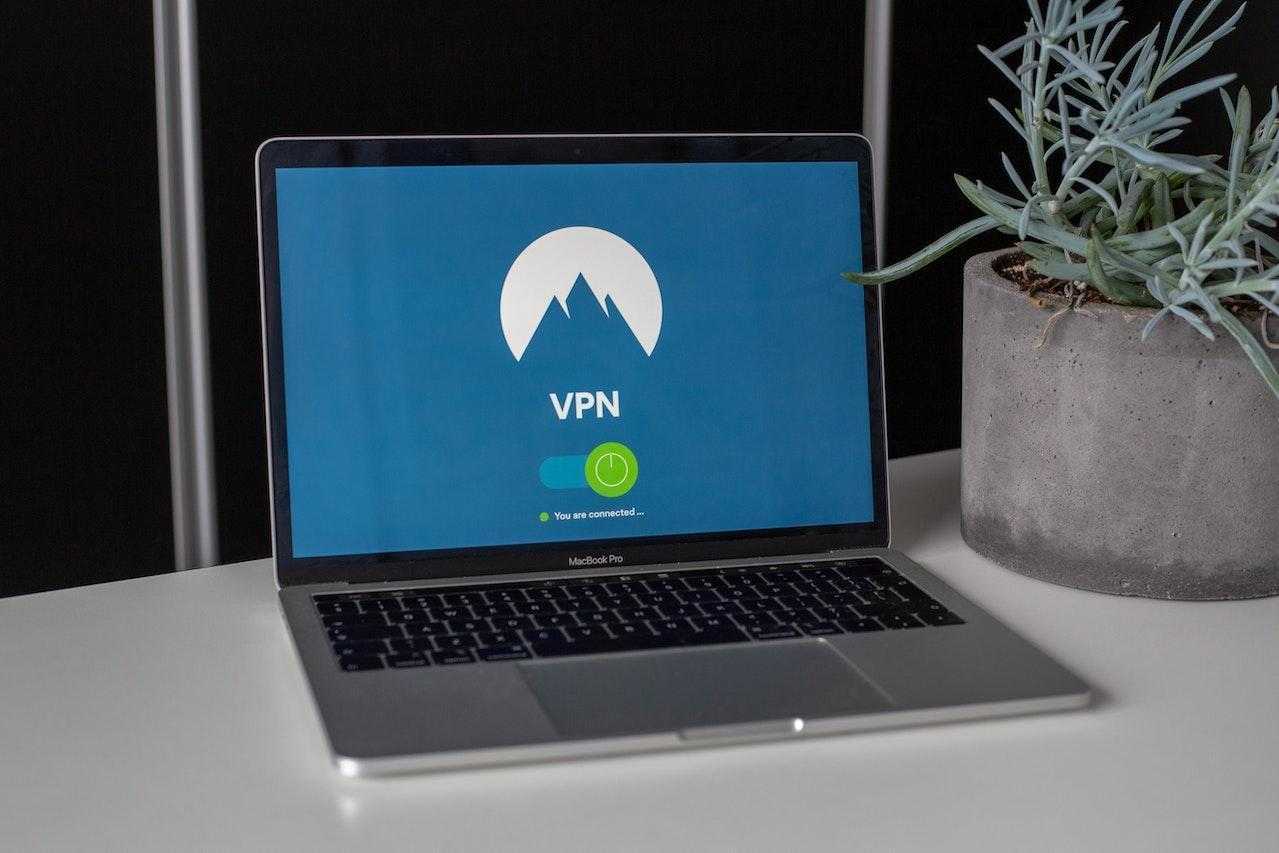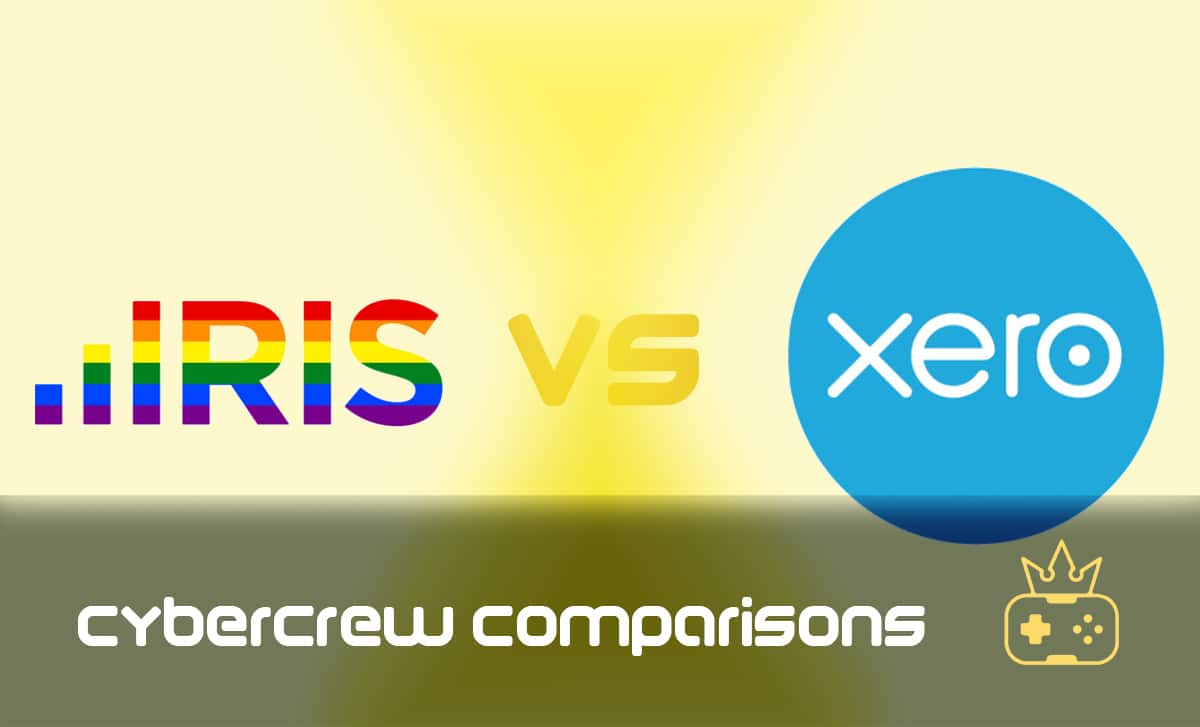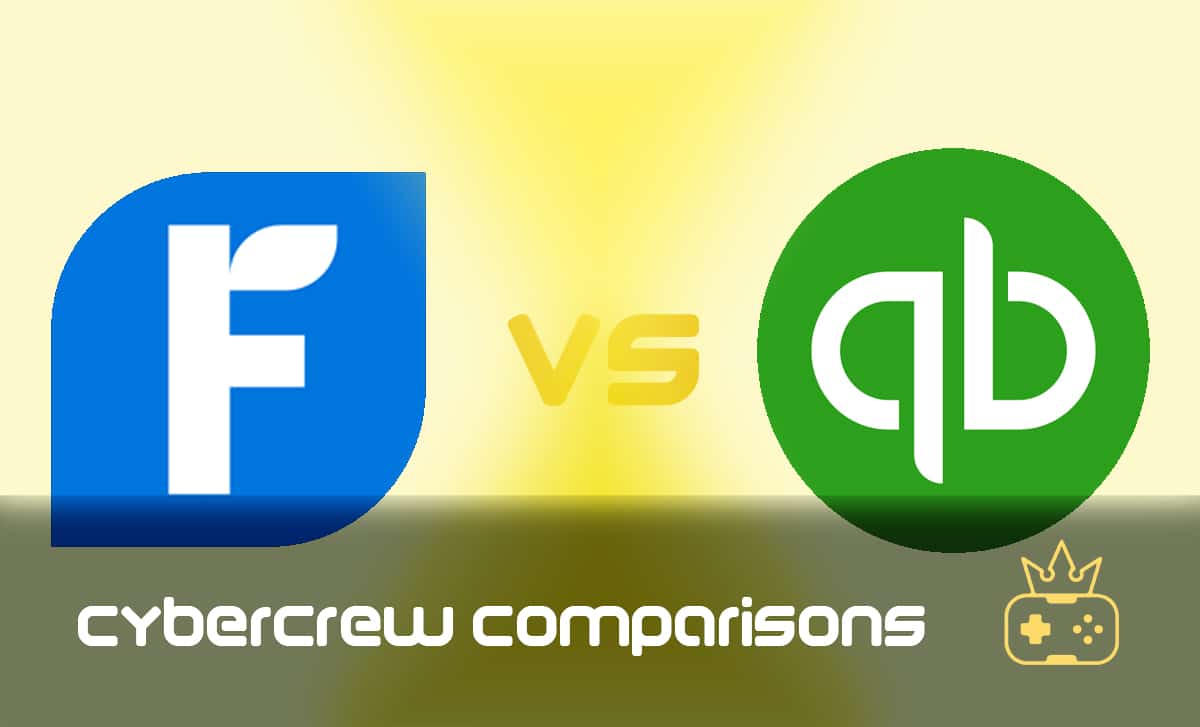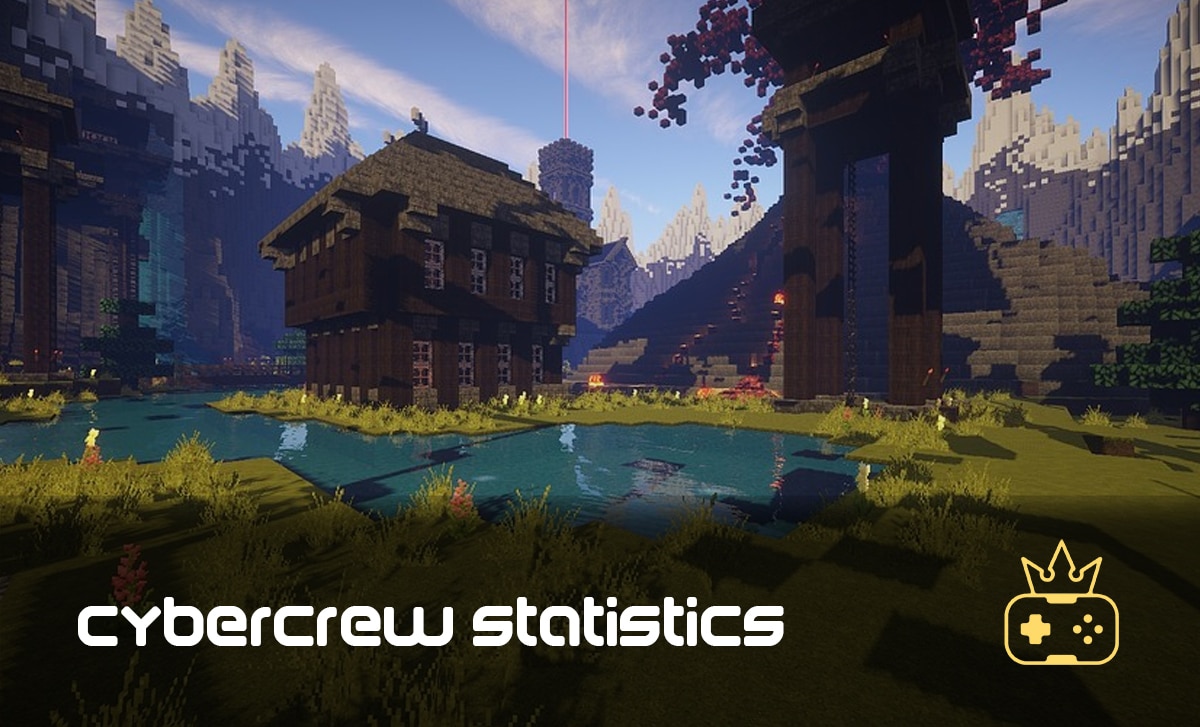How Many People Own a Computer in the UK? [2024]
Last Updated: February 9, 2024
The tech industry has been thriving over the past few decades. We can communicate with people, shop online, create a new web page within minutes, or even write code on our smartphones. Although 99% of UK citizens own a mobile device, smartphones will never replace desktop and laptop computers, mainly because an average computer can run more robust software than smartphones.
Since there aren’t any signs that the PCs are going out of fashion, we’re here to determine how many people own a computer in the UK and see how the computer revolution affected the PC market and the overall industry.
Before we begin, you should check out these statistics:
- In 2020, there were almost 2,700 households in the UK with at least one computing device.
- In 2020, the desktop PC penetration rate in the UK fell to 24%, from 88% in 2018.
- In August 2022, Windows held 70.01% of the UK’s market.
- Statistics conducted in 2020 show that 21% of all respondents aged 16-24 own a desktop computer.
- Statistics conducted in 2020 show that 4 million people purchased a desktop computer 12 months prior to the survey.
- In 2020, roughly 3.5 million people spent £1,000 on their desktop devices.
- In 2021, the PC market in the UK made roughly £9.36 billion.
- The penetration rate of laptop computers in the UK was 76% in 2021.
- In 2020, more than 9.2 million Britons obtained laptops and netbooks 12 months before the survey.
- In 2022, 29% of people who purchased laptops in the UK said they invested in the HP brand.
Computer ownership statistics in the UK
Out of 2,700 UK households with a computing device, 57% had laptops in their homes in 2020
Suppose you’re wondering how many people own a computer in the UK. In that case, computer ownership statistics show that in 2020, only 24% of all households in the UK with a computing device owned a personal computer. However, numbers show that 19% owned just a portable computer, and only 5% said that they only had a personal computer in their house.
For comparison sake, smartphone usage statistics show that in 2019, 55.5 million people in the UK were smartphone owners.
It’s essential to mention that in 2020, the desktop PC penetration rate in the UK fell to only 24%
The share of United Kingdom households that own a home computer reached a peak of 88%, in 2018. That being said, the
percentage of UK households with a computer fell drastically from 2018.
A survey conducted in August 2022 shows that Windows held 70.01% of the UK PC market share.
In the same time frame, OS X held slightly above 21% of the UK market. Interestingly enough, one of the leading operating systems, Linux held about 1% of the UK market in August 2022.
Computer ownership by age statistics conducted in 2020 shows that 21% of all respondents aged 16-24 owned a desktop computer
The same study shows that 18% of respondents aged 25-34 have at least one PC in their home. It’s worth mentioning that 25% of survey participants aged 35 have a computer in their household. However, we should also note that 27% of seniors owned a desktop device in the same year.
Based on statistics that show the frequency of desktop PC purchases in the UK, we learned that in 2020, more than 4 million people purchased a desktop computer in the last 12 months
In 2019, roughly 4 million people who participated in Statista’s survey said they had obtained a desktop computer 1-2 years before the survey began. Additionally, roughly 14 million Britons claimed that they had purchased a PC sometime in the past.
In 2020, an estimated 3.5 million Britons spent £1,000 or more on their last desktop PC
In 2019, less than 3 million Britons spent between £700 and £999 on their newest desktop PC. Additionally, roughly 2 million Britons spent less than £150 on their last desktop purchase in 2019.
In 2021, the PC market in the UK generated revenue of approximately $10.7 billion (roughly £9.36 billion)
Revenue in this market is projected to remain above $10 billion in the next five years. However, the PC market in the UK might see a decline of around 8.4% in 2022.
The UK manufacturer sales of desktop and deskside personal computers reached £7.26 million in 2021
In 2018, Britons spent more money on desktop purchases. The manufacturer sales of desktop and deskside PCs amounted to £29.17 million in 2018. This sudden drop in sales shows that people prefer to invest in other devices, such as smartphones or laptops.
The penetration rate of laptop computers in the UK reached 76% in 2021
Laptop ownership statistics show that 76% of all respondents aged 16+ owned a laptop in 2021. It’s vital to mention that 84% of the survey participants aged 16-24 years claimed their laptop ownership. Based on the same statistics, 62% of seniors aged 55+ had at least one laptop in their household.
In 2020, more than 9.2 million Britons obtained laptops and netbooks in the last 12 months
More importantly, laptops generated revenue of $5.57 billion (roughly £4.89 billion) in the UK. Furthermore, UK laptop market share statistics predict that the sales in this PC segment may increase to $6.65 billion (roughly £5.84 billion) in 2026.
In 2022, 29% of respondents said HP is one of their most popular laptop brands in the UK
Now that you know how many people own laptops in the UK, it’s time to reveal what brands Britons favour the most. In 2020, HP was, again, first in popularity, with 27% of respondents using this brand. Acer was second on the list, with 21% of participants reporting that they have an Acer laptop in their household. There were 19% of Apple users in this group, but it’s worth mentioning that 17% of respondents said that they tend to choose Lenovo over other brands. Moreover, in 2021, the UK manufacturer sales of laptop computers and notebooks reached approximately £145.1 million.
Conclusion
We hope we answered the question- how many people own a computer in the UK. These statistics show that the computer industry in the UK will thrive in the following years, mainly because people use computers to work and study. Still, we also learned that young adults and Millenials are most likely to own computers and that not all seniors have the need to invest in these devices.

![How to Sell on Depop in the UK [2024 Guide]](https://cybercrew.uk/wp-content/uploads/2023/06/Selling-on-Depop-UK.png)








